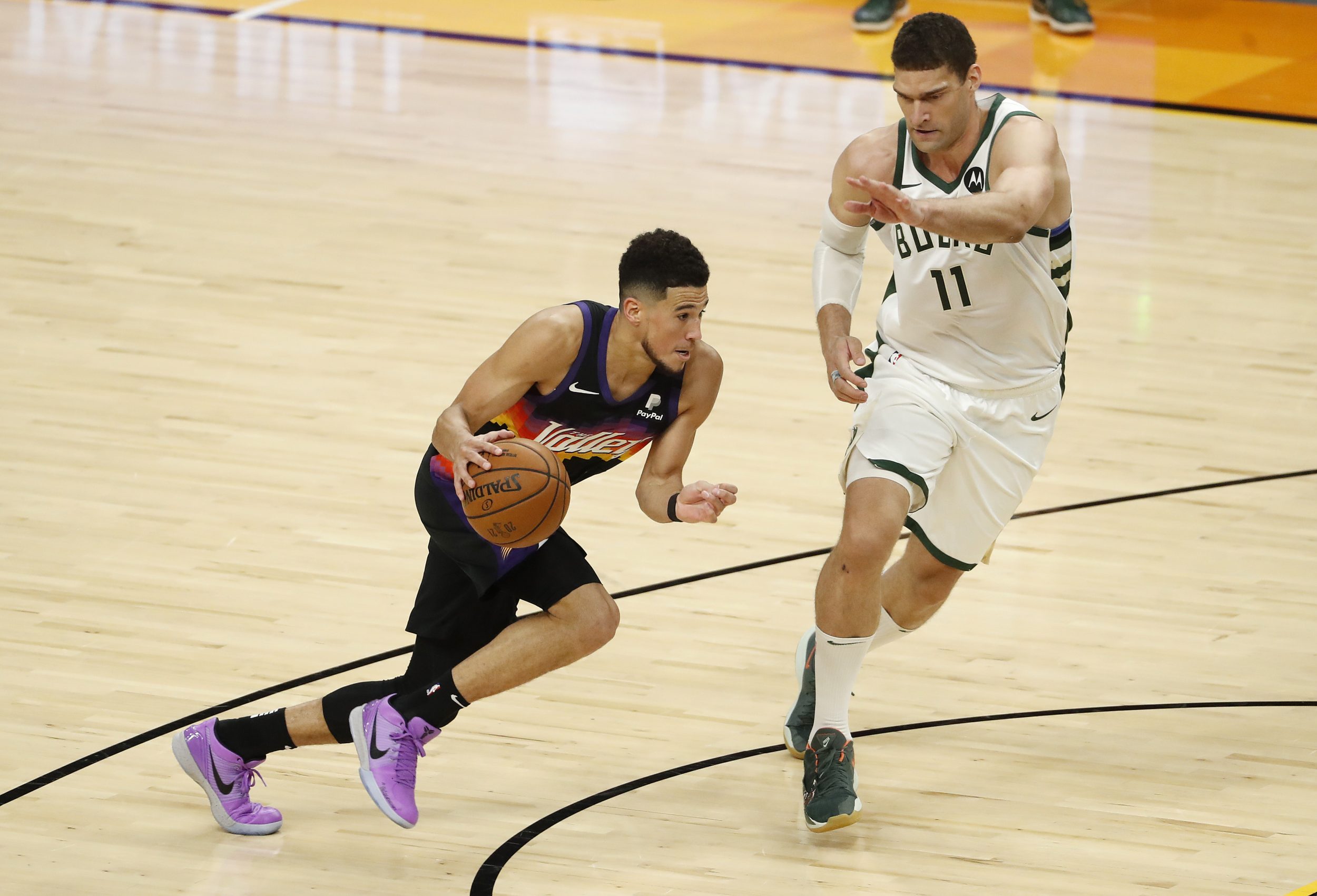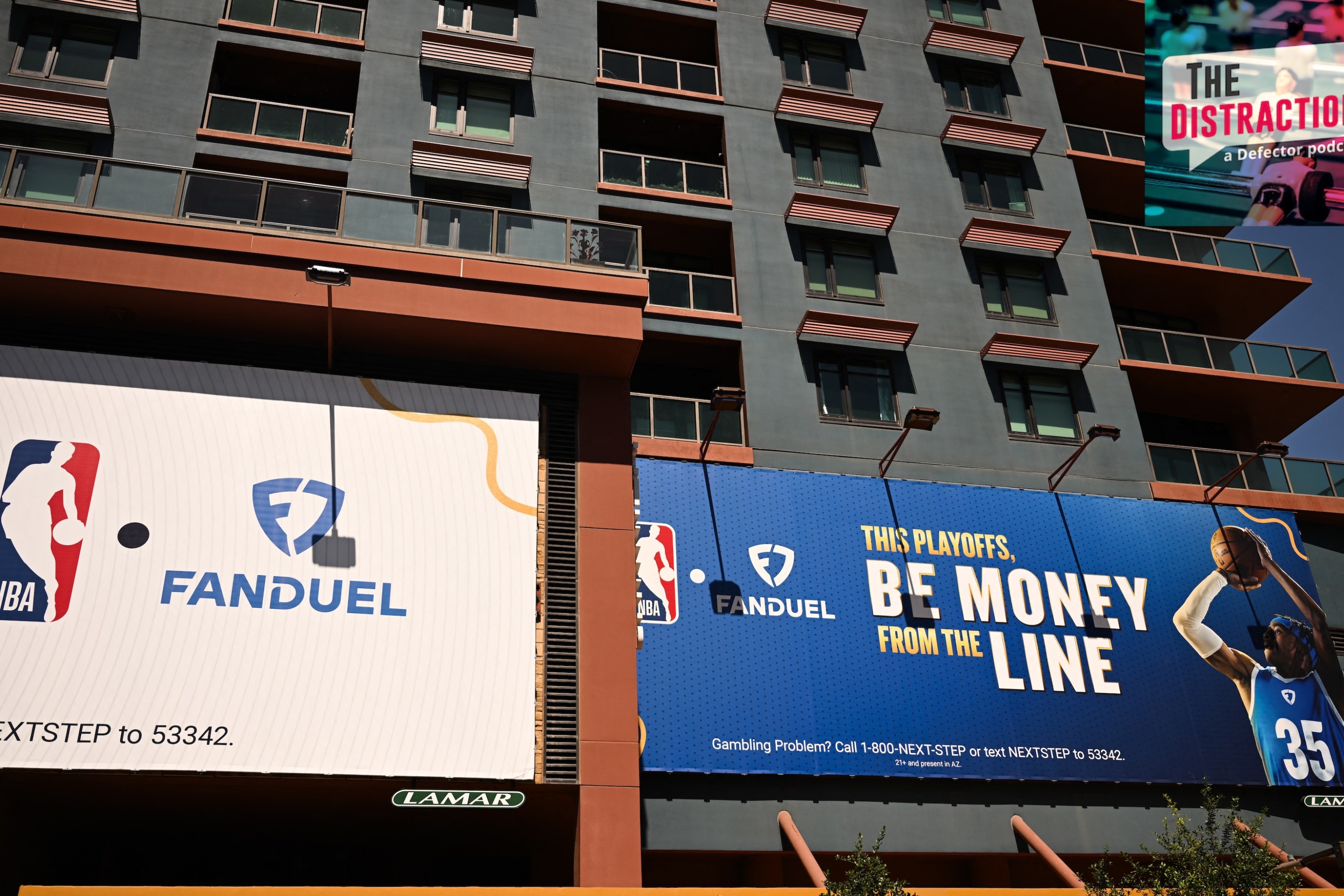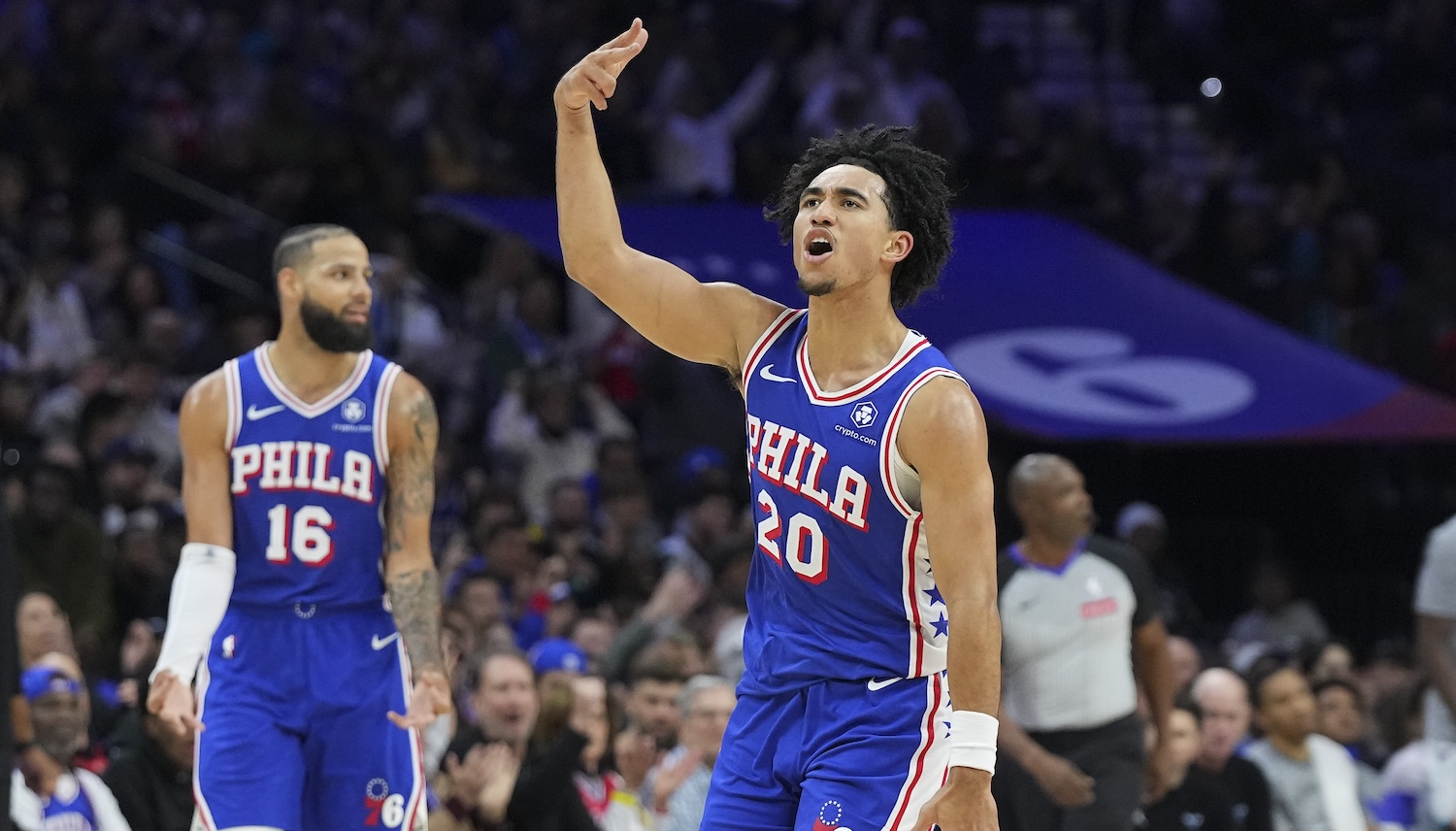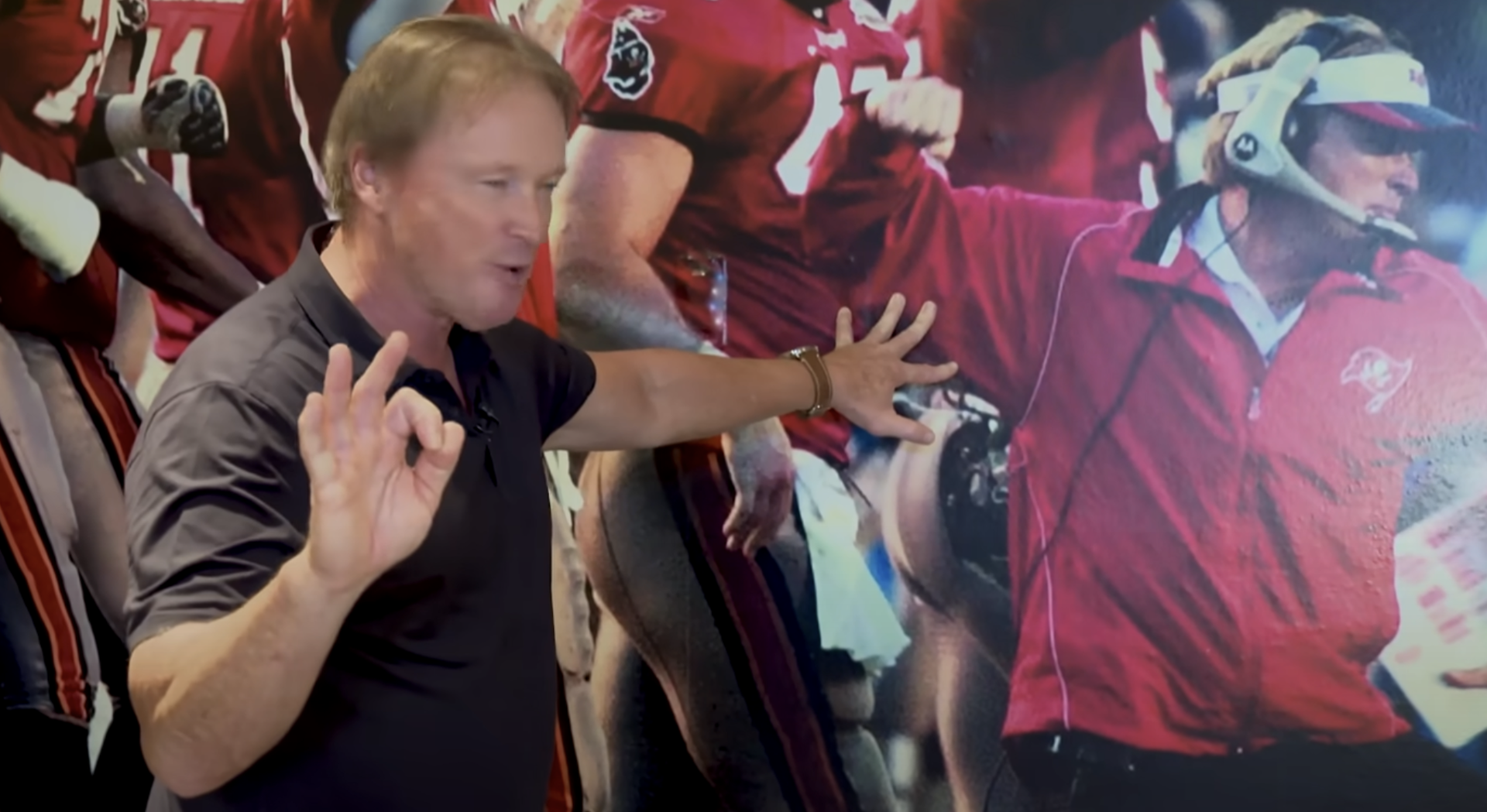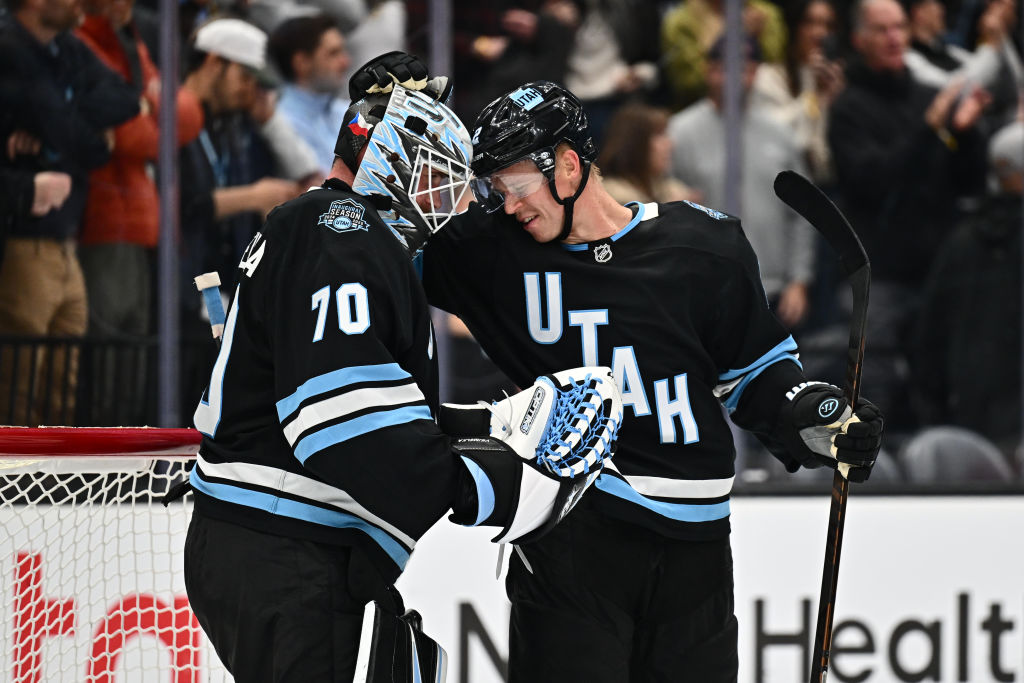It is a bad and negative outcome for the Milwaukee Bucks whenever either of Brook Lopez or Bobby Portis are forced to defend either of Chris Paul or Devin Booker for more than a second or two. You do not need an especially sophisticated basketball brain to have developed this 100-percent correct take about this Finals matchup and what happened across Game 1 Tuesday night. Over and over again, the Suns would use screens to drag Lopez or Portis out to the top of the key and make them defend a skilled guard, and over and over again the Suns would exploit this mismatch and get points. That was the pattern of the game: A Deandre Ayton ball-screen would peel Chris Paul's defender away; Lopez or Portis would lumber on up and switch from guarding Ayton to guarding Paul; Paul would back up and give his teammates time to spread the floor, and then he would simply eat up the mismatch.
Here are some alarming statistics, courtesy of Dan Feldman of NBC Sports: Jrue Holiday, a first-team All-Defense selection this season and the ideal guy to check either of Paul or Booker, was the primary defender on just seven total shots from Phoenix's star guards, while Lopez and Portis, who are extremely not ideal matchups, were the primary defenders on 17 combined Paul and Booker shots, which yielded 25 points and a whopping 147 offensive rating. There was just so damn much of this:
Simple stuff from the Suns getting the switch on Brook Lopez for Chris Paul and Devin Booker. Timeout by the Bucks after the Booker make. Let's see if Mike Budenholzer switches up the pick-and-roll defense. pic.twitter.com/qaswtF2pfx
— Kevin O'Connor (@KevinOConnorNBA) July 7, 2021
Part of this is just the Suns being super good at running ball-screens. Ayton sets some killer screens, and both Paul and Booker can pull up and rain hellfire if they get a lot of room, so defenders have to make their first priority keeping a hand in the ball-handler's face, even at the expense of surrendering a switch. Another, smaller part of it has to do with varying the defensive looks—even if the Bucks prefer in general not to switch, against Chris Paul in particular you'd have to throw in some switches just to keep him from mastering the counter to your Plan A. Inevitably, here and there, Lopez and Portis are going to find themselves locked in an isolation with a master shot-creator, and when that happens they are going to get roasted. It's unfortunate and embarrassing, but the Suns wouldn't be in the Finals if they couldn't force some humiliation on even the most determined of playoff-caliber defenses.
But a huge part of it—a huge, huge part, the largest part—is Mike Budenholzer and the Bucks defaulting to the auto-switching that has come to define playoff defense in what we will call the pace-and-space era. This started—whenever it started, but somewhere in the last 10 years or so—as a way to neutralize the late-clock pick-and-roll: Instead of the primary defender fighting over a tough screen and risking letting his man either waltz into an uncontested jumper or get a running start at a dropped big man, defenses started automatically triggering a switch, based on the theory that most big man defenders can survive for a few short seconds in isolation defense. It worked (when it worked) because the ticking shot clock or game clock acted as a supplementary defender, preventing the ball-handler from reaching too deeply into his bag of tricks. When you have six seconds or less to generate a shot, a lot of the potential downstream consequences of, say, a blow-by drive get wiped off the table, and a lot of the help responsibilities get simplified. It's still a white-knuckle assignment, but in most cases the setup tilts very gently in the defense's favor.
At some point over the last few seasons—probably at the precise moment that Kevin Love was heroically hot-footing it against Stephen Curry in the final minute of Game 7 of the 2016 Finals—teams decided that the standard approach to defending ball-screens in the playoffs would be the automatic switch. Offenses have adjusted accordingly, and the early part of most possessions nowadays is spent going through a choreographed, dismally rote sequence of screens in order to engineer a specific matchup, and then the ball-handler spends up to half the shot clock unzipping the defense. With so much time afforded, whole punishing drive-and-kick sequences are still available off of the first action, to say nothing of the creative freedom that comes with having time for first and second and third tries at beating some poor overmatched stiff. That clip up there shows Chris Paul attacking Brook Lopez with an incredible 17 seconds on the shot clock; this next one shows the Bucks meekly surrendering a switch—not as glaring a mismatch as one featuring Lopez or Portis, but still far from ideal—with 11 seconds still to go. That's too much time! What other business is your defense working on that it is in such a hurry to give the offense this kind of advantage?
The Bucks are being a willing participant to the Suns offense. This is too easy of a switch to give up, you can't let Booker go at Forbes. It isn't bad defense from Forbes but it is a mismatch. pic.twitter.com/aU89KrWlJw
— Mo Dakhil (@MoDakhil_NBA) July 7, 2021
The alternative doesn't necessarily need to be some complex counter, although you would hope the Bucks would have some tricks up their sleeves when facing as pick-and-roll-heavy an offense as Phoenix's. The Clippers started throwing traps and double-teams at Luka Doncic when the Mavericks zeroed in on poor, hopeless Patrick Beverley, and if nothing else the tactic at least tired him out and forced the ball out of his hands. But before they get there, for crying out loud, the Bucks could at least make the Suns work to get the switch. The binary isn't immediately capitulate or absolutely never switch; it's more like immediately capitulate or force the offense to actually earn the matchup. Fight over a couple screens! Feint over the top and then duck under! Force Ayton to screen and then re-screen, make the Suns chew up some shot clock, force them into situations where by the time the table is set the way they want it they've got just a few seconds to make a meal of it. Save the auto-switching for late-clock and late-game scenarios, where the scoreboard and the scenario help keep the board tilted in your favor. The point of defending is to prevent the offense from getting what it wants! Do that.
There has been some discussion among basketbloggers on Twitter about whether it's an oversimplification to identify Milwaukee's too-willing defensive switching as the thing that sank them in Game 1. On the one hand, OK, sure: The Suns are good as hell, they will present all kinds of problems no matter what scheme the opposition runs, and Milwaukee's offense was at least as problematic as anything they did on defense. They might eliminate all switching and still get killed. On the other hand, the auto-switching sucks shit, and it makes Lopez and Portis almost completely unplayable, and that's a severe problem once you look at Milwaukee's roster and recoil in horror at the realization that the very next man up is Thanasis Antetokounmpo, who is on the roster for roughly the same reason that Kevin Durant's high school girlfriend's cousin's newspaper delivery boy is currently drawing a seven-figure salary from the Washington Wizards, despite living in Estonia. One does not simply insert a figure from a player's entourage into a Finals game, not until one has exhausted all other options.
I don't know what the answer is, which is fine because I am a blogger and not the head coach of the Milwaukee Bucks. But the reason to have players of different heights and skill-sets on a basketball team is so that they can probe and shore up the vulnerabilities exposed in and by the opposition. The reason to have someone the size of Brook Lopez on the floor is so he can bang with Deandre Ayton, and also force the Suns to use their next-best Ayton-sized player when Ayton needs a blow. Of the two teams, only the Suns would actively choose to have someone Lopez-sized assigned to Devin Booker, and that is a perfectly fine reason for the Bucks to reject that matchup as determinedly as possible. If nothing else, doing so will save their big men an awful lot of painful exposure.
The Suns will continue to hunt these mismatches. The Bucks can't eliminate them altogether, but they could at least commit themselves to making the Suns work like hell before getting their way. The alternative is continuing to serve up their big men for slaughter, and we already know that won't work.
